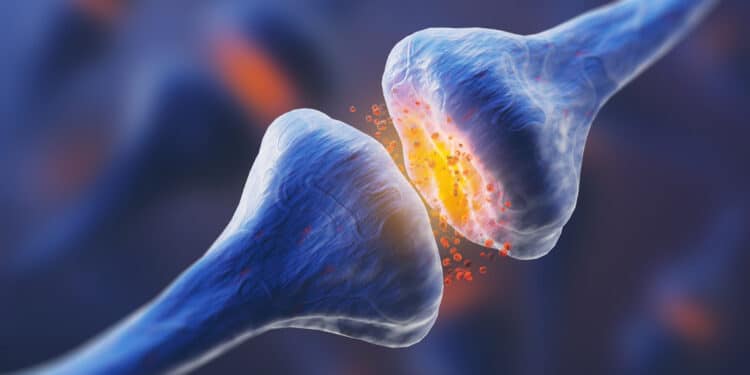Neurotransmitters called endogenous cannabinoids or endocannabinoids carry specific signals from one neuron to another. Sleep, mood, and appetite are just some of the many physiological processes that are supported by these neurotransmitters.
Although the roles of endocannabinoids have been the subject of countless studies, the mechanisms by which they are released remain largely mysterious.
Postsynaptic synucleins, proteins implicated in the pathogenesis of Parkinson’s disease, have been found to facilitate the release of these essential neurotransmitters, according to a study by Stanford University researchers released in Nature Neuroscience.
When Albarran, Sun, and coworkers set out to learn more about how endocannabinoid release is regulated in the brain, they didn’t expect to find that synucleins played a key role in doing so. They used a battery of genetic and imaging techniques on mice to conduct their experiments.
Previous research had suggested there was no connection between SNARE proteins and the release of endocannabinoids, so the results found by this group were unexpected. Their findings add weight to the theory that abnormal endocannabinoid signaling in the brain may play a role in neurodegenerative diseases like Parkinson’s.
This study lays the groundwork for future research to investigate this link in greater depth, which may lead to significant discoveries. In the future, this could help guide the creation of therapeutic interventions and drugs to treat these diseases and their disabling side effects.


